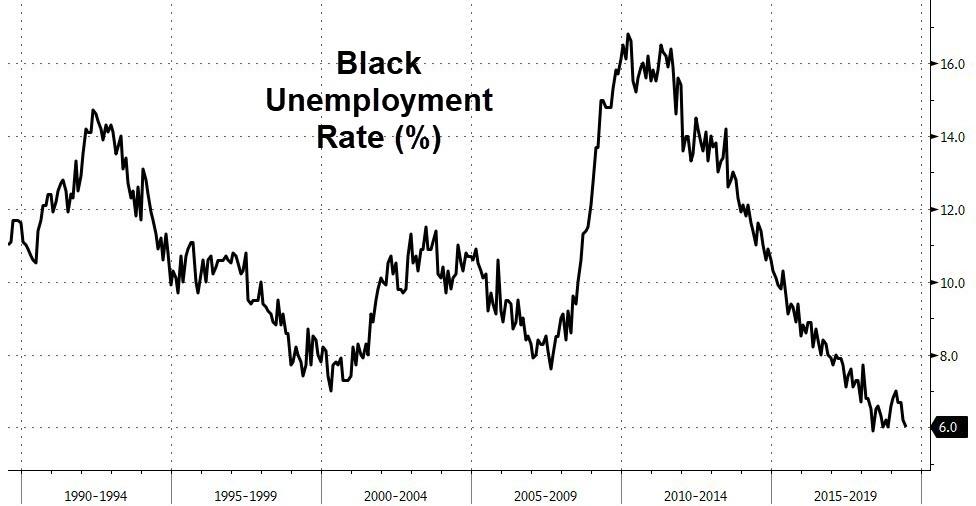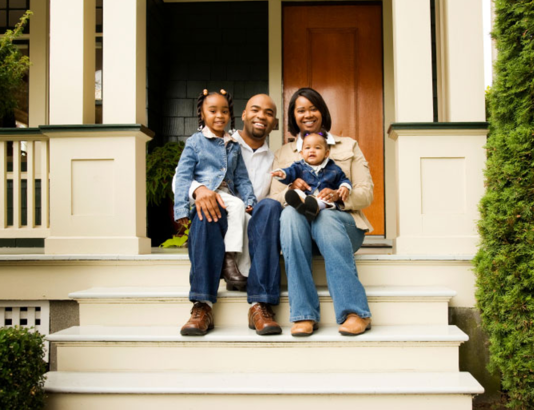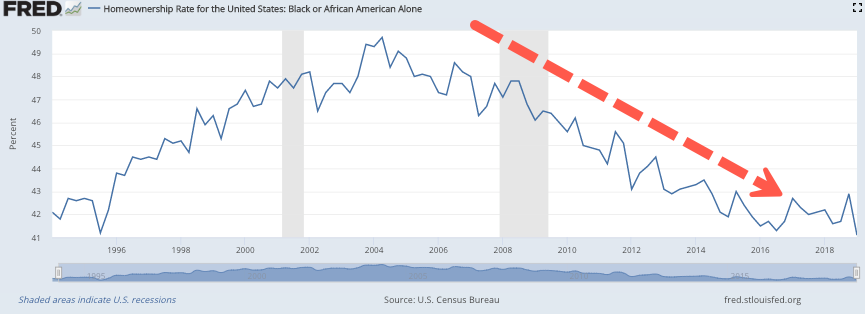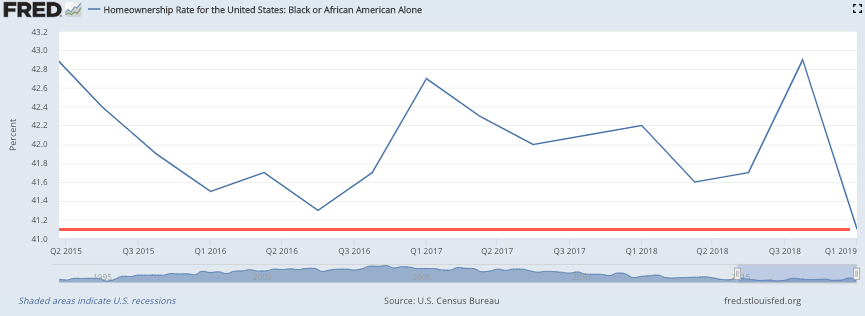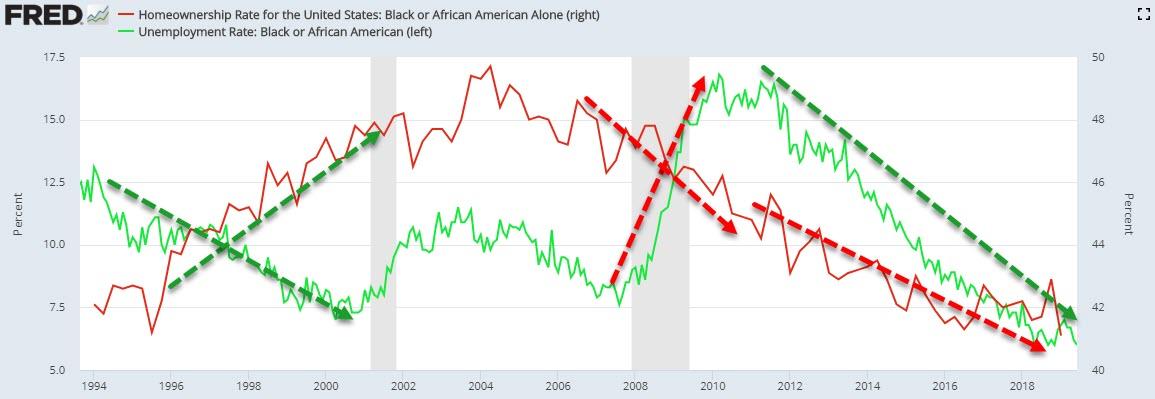One of President Trump’s favorite talking points is promoting how his economic policies have lifted all Americans. He routinely cites the record low rate of black unemployment and how the economy is the “greatest ever.”
— President Trump tweeted Jan. 2018
“African American unemployment has reached its lowest rate ever recorded — ever! Ever! Remember ‘What do you have to lose?’ What do you have to lose, right? ‘What do you have to lose?’ I said.”
Trump wishes Jay-Z were a little more grateful for the low black unemployment rate. https://t.co/PeY2ZxCusO pic.twitter.com/SLJqER2XWs
— The Daily Show (@TheDailyShow) January 30, 2018
— Trump, at a campaign rally in Southaven, Miss., Oct. 2018
“You look at our economy. You look at jobs. You look at African American — the lowest in the history of our country, unemployment numbers — the best numbers they’ve ever had.”
— Trump tweeted July 2019
“The best economy in our lifetime!” @IngrahamAngle
— Trump tweeted July 2019
“Lots of great things to tell you about, including the fact that our economy is the best it has ever been. Best Employment & Stock Market Numbers EVER. I’ll talk also about people who love, and hate, our Country (mostly love)!”
New census data, reported via The Wall Street Journal, tells an entirely different story in the African-American communities across the country, one where the black homeownership rate has plunged to the lowest on record.
The black homeownership rate increased for three decades and reached nearly 50% in 2004, but all those gains were wiped out in the last decade, hitting a new record low in 1Q19.
The rate stabilized from 1Q16 through 3Q18, has since dove under the 2.5-year range to 41.1%. The rate plunged 1.8% from 3Q18 to 1Q19, which was a period in the economy where the most recent industrial slowdown started.
1Q19 was the first time in 20 years that Hispanics and blacks, the two most significant ethnic minorities in the U.S., have seen a divergence in the path towards the American dream: homeownership.
Policy analyst told The Journal that black communities have developed an indisputable wealth gap that has kept homeownership out of reach.
“We can see that discrimination is still there, although it has changed its form,” said Michela Zonta, a senior policy analyst at the Center for American Progress.
The black unemployment rate being at ultra-low levels hasn’t translated into a stronger middle class in inner cities, thus the increase in home buying.
This could mean one of two things: either the jobs being provided are low skill and low wage, or the birth/death adjustment in the black unemployment rate highly overstated the number of employed so that the Trump administration can create enough propaganda in black communities that by the time 2020 comes around, inner cities would ditch Democrats for Republicans.
via ZeroHedge News https://ift.tt/2O2tFuP Tyler Durden
